Is Art Essential?
“Imagine that it’s 2050, and Canada is increasingly seen around the world as a nation of creators, of innovators, of entrepreneurs who compete with the world’s best. A nation where our diversity is celebrated by its citizens, and admired by the world. A country that attracts the best and the brightest from every part of the globe … who come to call Canada ‘home.’”
This is the future of Canada that Peter A. Herrndorf, Chair of Luminato’s Board of Directors, asked the Senate Action Group on Canadian Prosperity to dream about in a presentation illustrating that the arts are essential.
Now, let’s bring it back to the present in the midst of a global crisis. “Imagine what these past 13 months would have been like if you hadn’t been able to read a book … listen to music … look at a favourite painting … watch a livestream performance … or binge-watch a series on Netflix,” Herrndorf proposes, “I think we’ve all realized, in a new and very personal way, that the arts are an extraordinarily important source of mental health support … in dealing with the anxiety, the loneliness and the isolation caused by a collective threat like COVID-19.”
On Budget Day, a day when the Canadian Federal Government articulates its most important priorities for Canada and its future, Herrndorf presented the role that the arts can be playing in our recovery and in the development of a prosperous, 21st century Canada.
Of all the priorities the Federal Government can choose to focus on, should the arts be of such high importance? Are the arts essential? As presenters and lovers of art, at Luminato, we know the answer is yes. And you, our reader, likely know the answer, too.
But what do you say when someone says the arts aren’t essential?
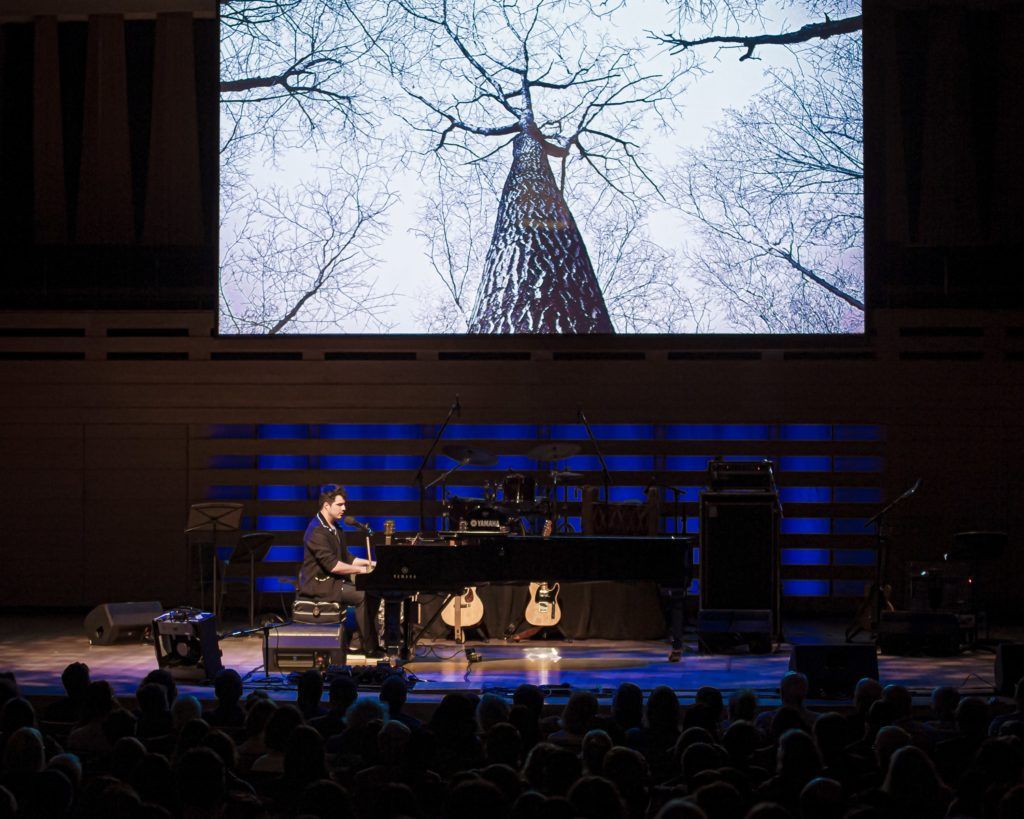
To answer this question, Herrndorf referenced Karl Paulnack’s speech about the French composer, Olivier Messiaen, who, in 1940, was captured by the Nazis and sent to a concentration camp.
“While Messiaen was there, a sympathetic guard gave him pencils, some music paper … and a place to compose. There were three other musicians in the camp – a cellist, a violinist, and a clarinetist. The composition Messiaen wrote for them, called ‘Quartet for the End of Time,’ debuted in front of four hundred prisoners and guards. And today it is one of the most famous pieces of music in the repertoire.”
“Given what we have learned about life in the concentration camps,” Karl Paulnack said, “why would anyone in his right mind waste time and energy writing or playing music? There was barely enough on a good day to find food and water, to avoid a beating, to stay warm, to escape torture. Why would anyone bother with music? And yet, from the camps, we have music, we have visual art. Why? Well, in a place where people are only focused on survival, on the bare necessities, the obvious conclusion is that art must be, somehow, essential for life. The camps were without money, without hope, without commerce, without recreation, without basic respect. But they were not without art. Art is a part of survival, it is part of the human spirit, and it is an unquenchable expression of who we are.”
“That question of “who we are” has fascinated me for most of my life,” Herrndorf says, “I was born in the Netherlands. And when I was six, with Holland struggling through an extremely difficult period after the Second World War, my family and I immigrated to Canada. We landed in New York to stay with family friends … and eventually we travelled by train to Winnipeg – in the dead of winter – where we would settle into our new home.”
Herrndorf learned about Canada and its identity through its stories, through singing Canadian songs, and reading Canadian books. He goes on to say that art “helps us understand not only ourselves, but one another…The arts foster understanding among our diverse communities. In a multicultural society like ours, the importance of that cannot be understated. When we experience art, either on our own, or collectively, we recognize our many differences … and appreciate our shared humanity.”

Art is essential for a civil society. Art is essential for understanding identity. “But perhaps you’re looking for a more tangible justification for a healthy arts sector. Then let’s look at it from an economic perspective,” proposes Herrndorf, “Culture – on its own – has become a large and rapidly expanding sector of the Canadian economy. At $59 billion – or 2.8 per cent of GDP – the culture sector is larger than the agriculture, forestry, fishing and hunting sectors combined … and eight times larger in GDP than hockey and professional sports.”
Herrndorf goes on to explain the ways in which the arts have played a role in creating jobs and attracting talent to Canada, “In 2017, more than seven hundred and fifteen thousand jobs were directly related to culture. That’s almost 4 per cent of jobs in Canada. Most crucially, the arts are the critical intersection that link creativity, innovation and the new digital world, known collectively as the Creative Industries Sector. It’s an economic sector that’s growing dramatically, and a sector in which Canada will have to be internationally competitive.”
Today, the creative economy accounts for about 3 per cent of global GDP. But we are seeing enormous growth in this sector in a number of countries, including right here in Canada.
“But despite triumphs like these, COVID-19 has been devastating for Canadian artists,” Herrndorf reminds us, “Many have lost most – if not all – of their livelihoods. Too many have left – or are considering – leaving their professions. A number of orchestras, theatre and dance companies, as well as cherished venues across the country, are hanging by a thread. Try and imagine, now, what your neighborhood, your community, your city would be like without them.”
As we contemplate and plan for Canada’s emergence from COVID restrictions and the extraordinary financial measures that have been used in response to the pandemic, we have a unique window of opportunity to reset Canadian economic, cultural and social policies – not unlike the dramatic transformation of Canada following the Second World War.
So, when someone tells you the arts aren’t essential, here’s how to reply. Remind them that the arts are essential for our survival, our mental well-being, our humanity, and our identity. That the arts create thousands of jobs and attract top talent to our nation. That the cultural sector is a hub of innovation with the potential to positively transform our nation into “a nation that is independent, confident, and lends a helping hand to countries in need,” as Herrndorf says, “A nation that increasingly generates its prosperity, jobs and economic growth from its brain power, creativity, and innovation.”
When asked why he felt compelled to present this argument to the Senate, Herrndorf simply tells us, “Not only are the arts essential to a civil society, they are also a critical part of Canada’s economy in the future.”
We couldn’t agree more.
Want to learn more about the ways in which art is essential to our society? Read Herrndorf’s full presentation to the Senate Action Group on Canadian Prosperity here.
Featured Content
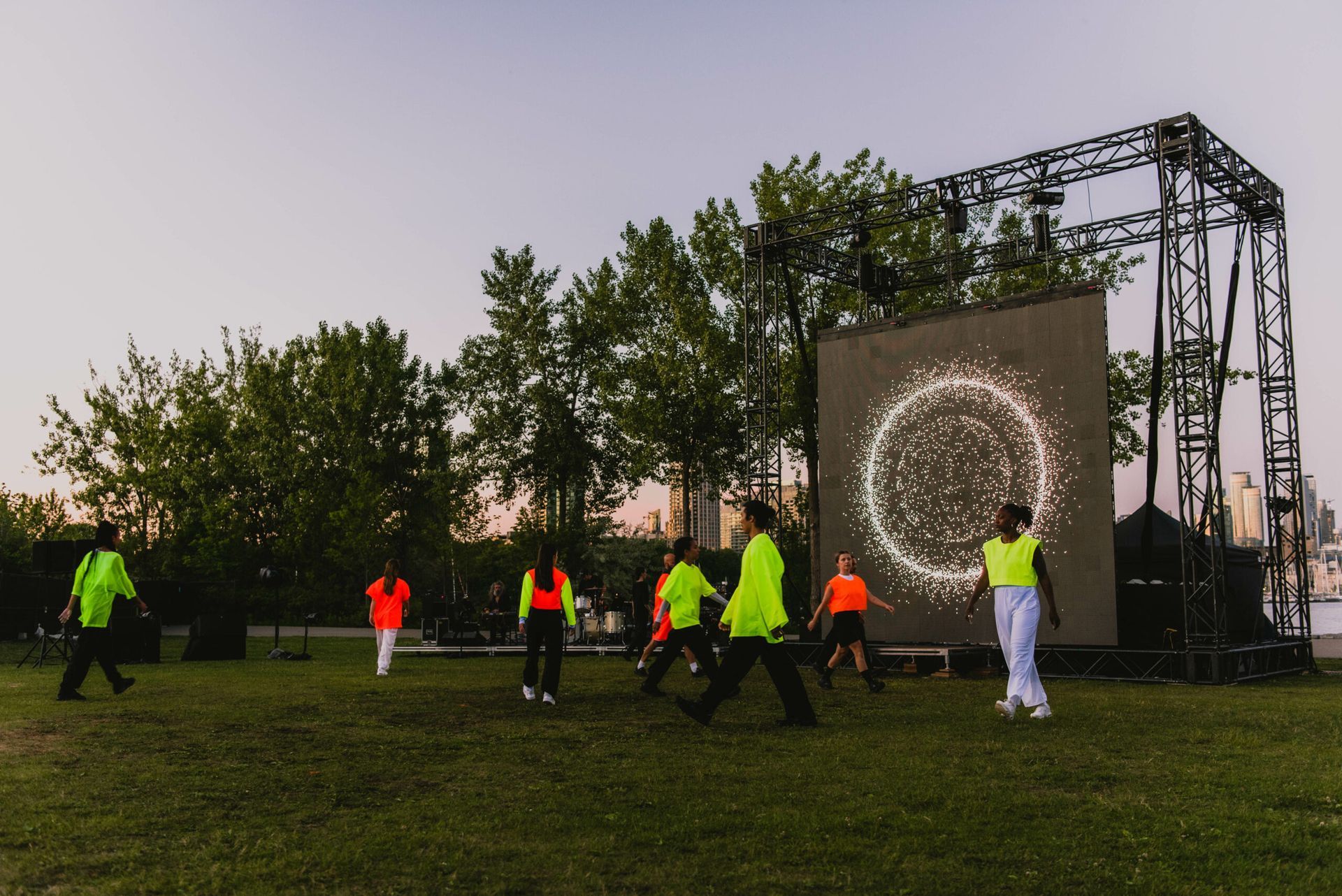
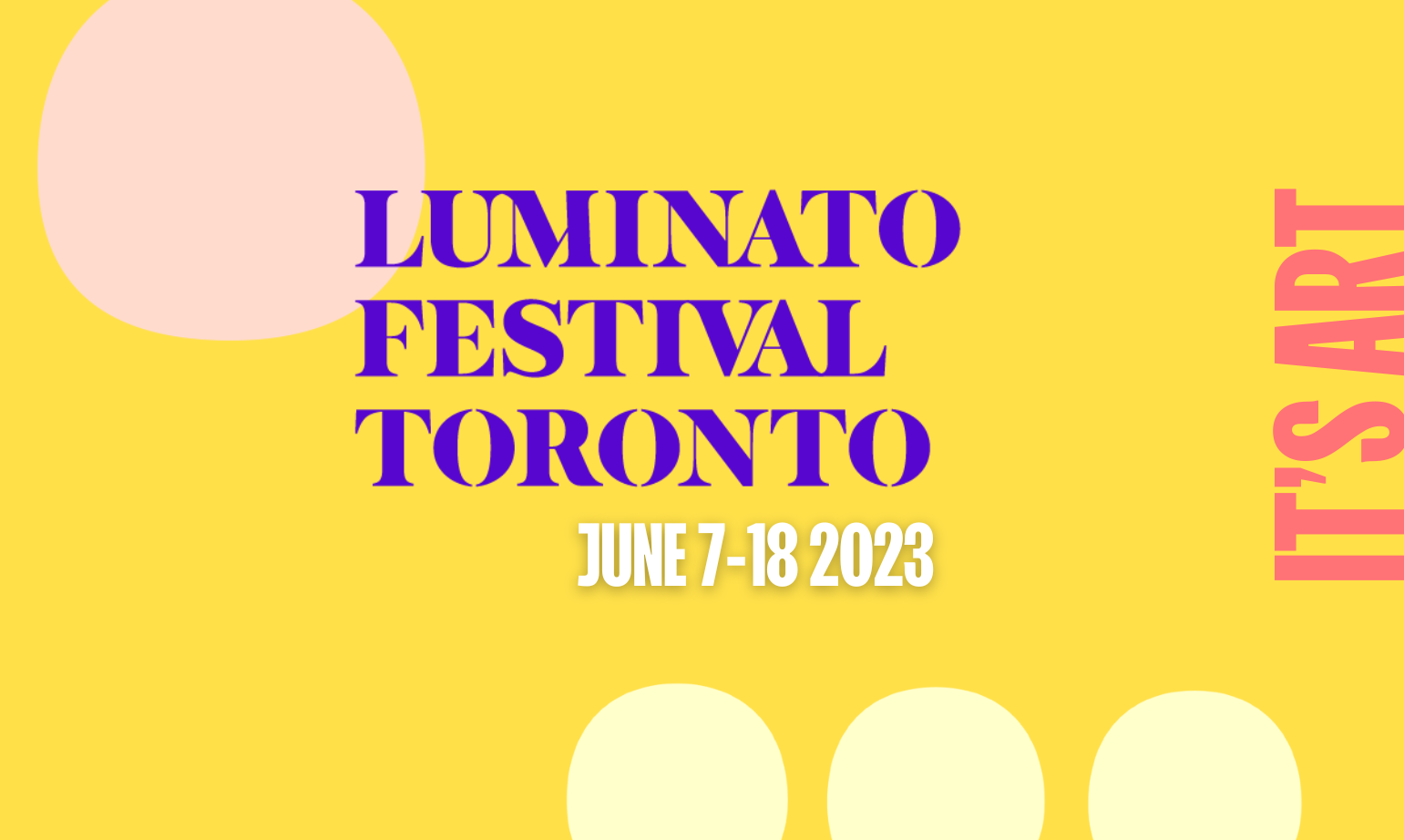
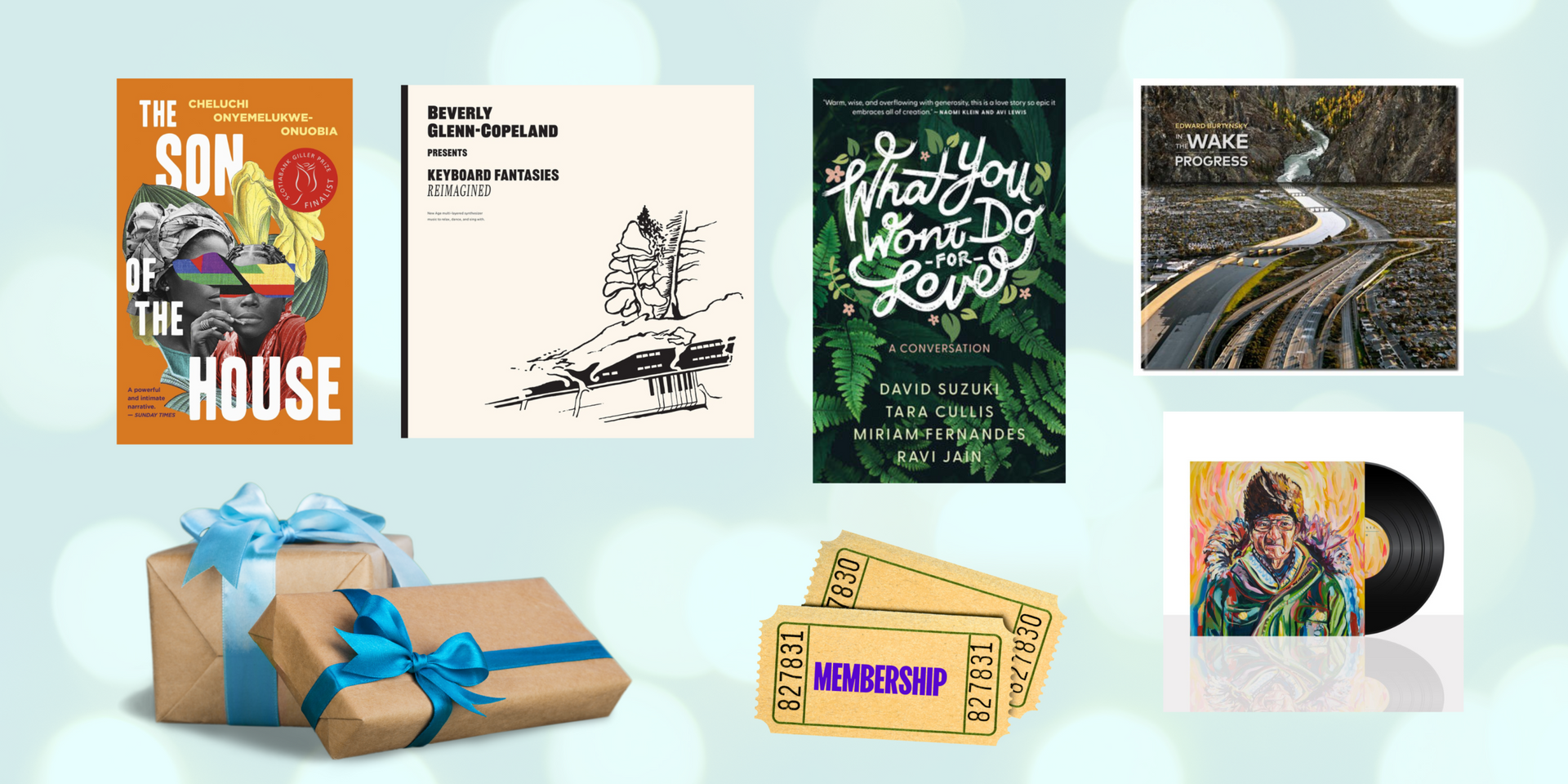
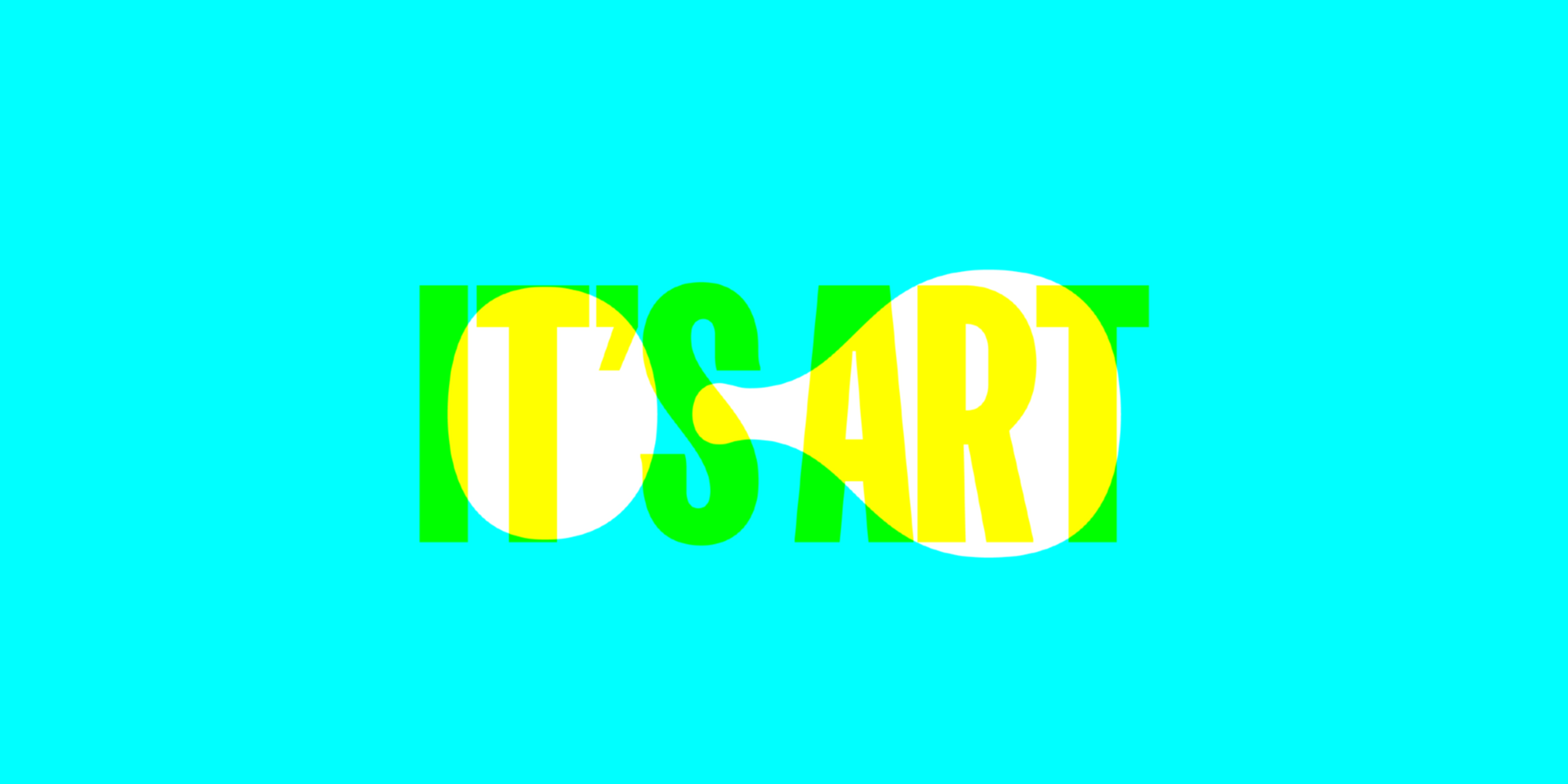
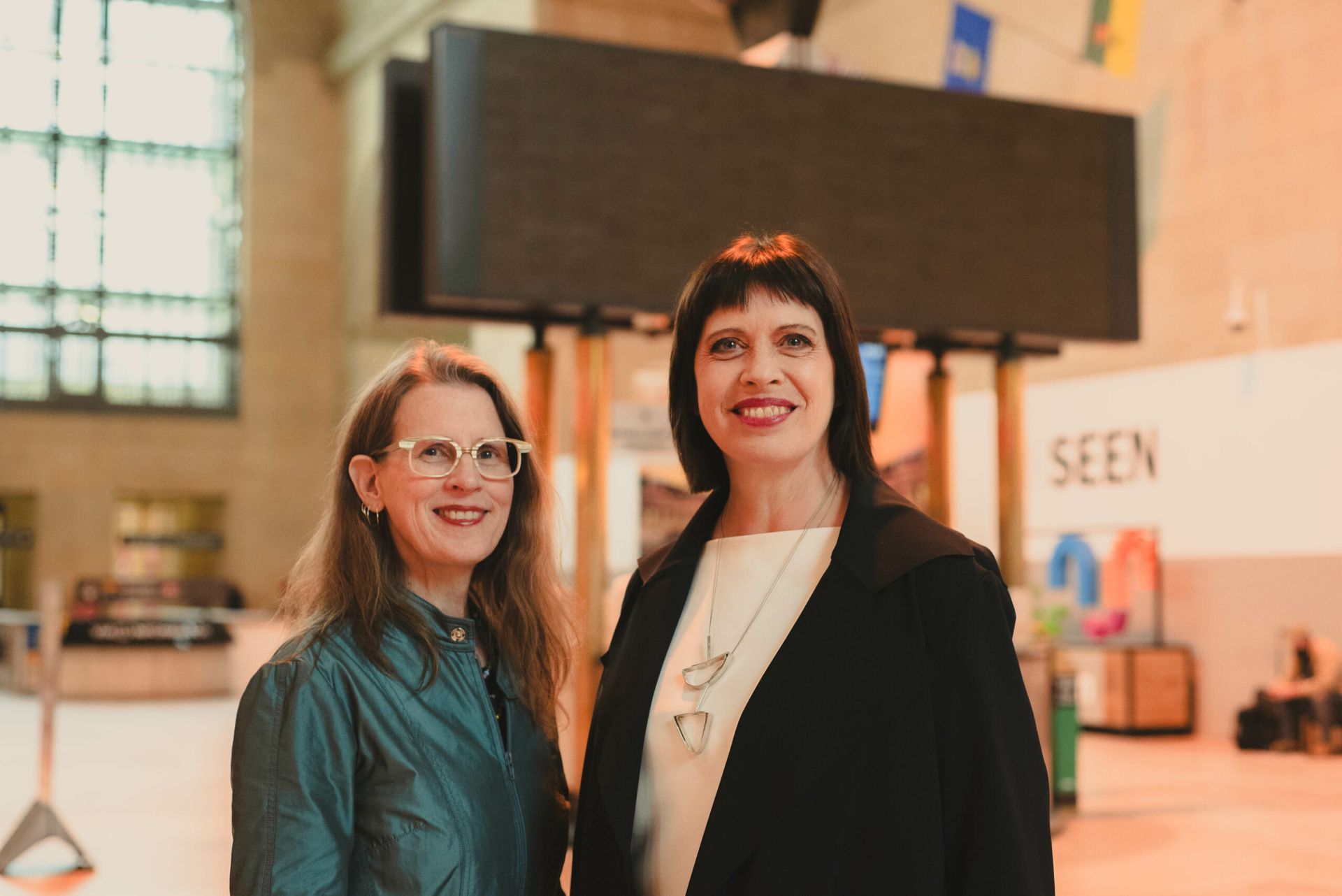
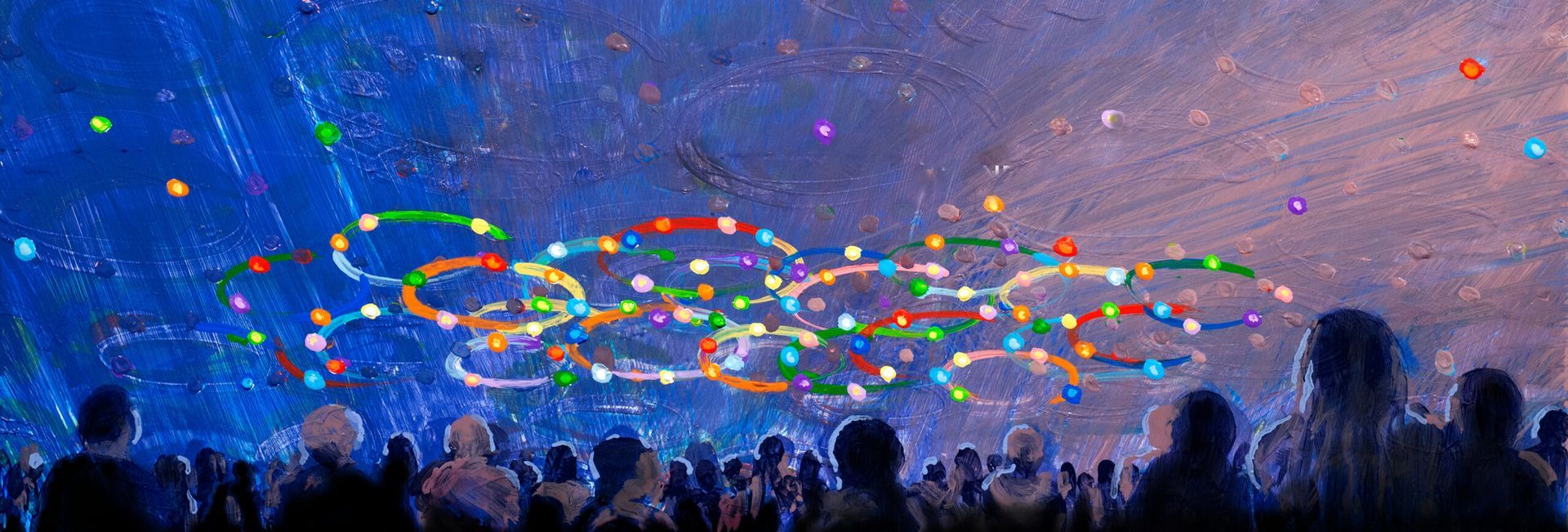
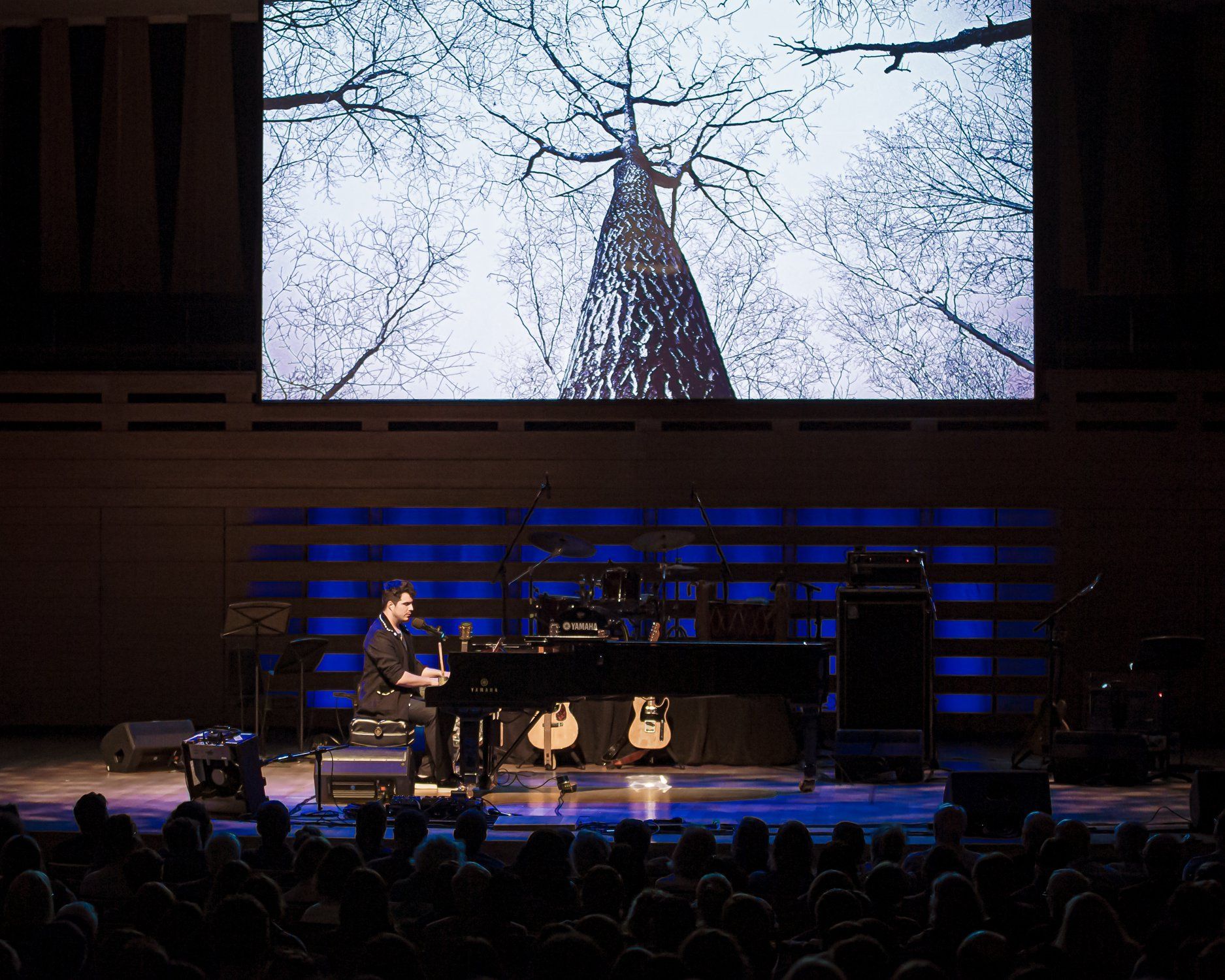



© 2025 Luminato Festival Toronto, All rights reserved.
Privacy Policy
|
Terms and Conditions
